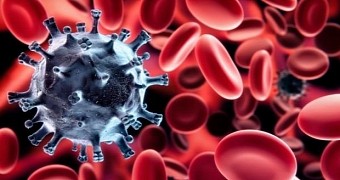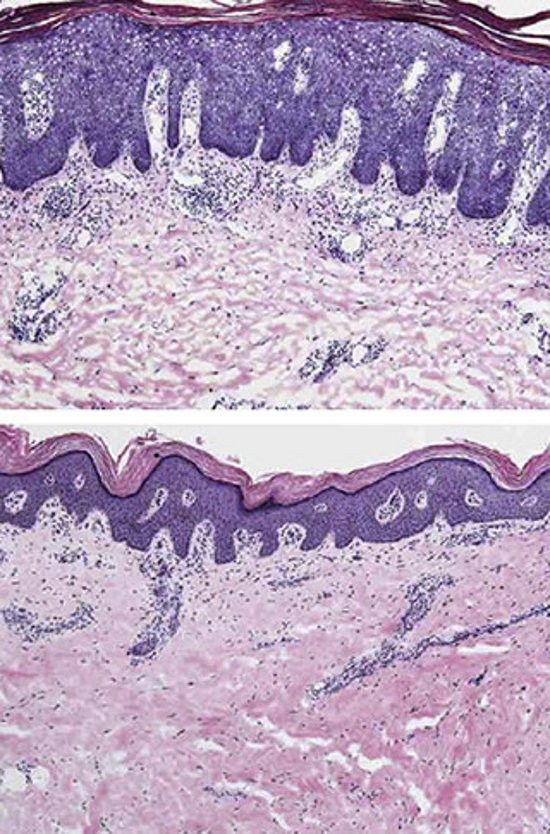In a series of experiments carried out at Rockefeller University and several other research centers in the US, an experimental treatment was shown to be surprisingly effective at improving psoriasis symptoms.
The treatment was administered to a total of 31 patients who each got just one dose. A few weeks later, nearly all the volunteers involved in this study reported a decrease in the severity of their symptoms.
In fact, the experimental treatment proved so successful that the scientists who tested it argue that, with further and more detailed research work, it might actually be turned into a cure for this disease.
“It raises the possibility of working toward long-term remission - in other words, a cure,” study author and Rockefeller University specialist James Krueger said in a statement.
How the new treatment works
Psoriasis is a disease that causes red, scaly patches to develop on people's skin. These itchy patches form because an individual's own immune system mistakenly assumes that there is something wrong with their skin and attacks it.
Because this disease boils down to having a person's immune system lash out at their skin tissues for no good reason, the majority of the treatment methods currently used to deal with psoriasis involve administering patients immunosuppressive drugs.
The treatment tested by the Rockefeller University team and fellow researchers works by blocking a signaling protein that previous investigations have shown is responsible for a series of faulty immune responses that ultimately lead to psoriasis.
As detailed in a study published in the Journal of Allergy and Clinical Immunology, this signaling protein that causes the immune system to attack the skin can be blocked with the help of a simple antibody that is naturally occurring in the human body.
Just how effective is this treatment?
Researcher James Krueger and colleagues say that, of the 31 volunteers who agreed to take part in their clinical trial, nearly all reported a dramatic improvement in the severity of their psoriasis symptoms.
In fact, the scientists say that some of these patients got rid of each and every red, itchy patch on their skin. Even better, nobody reported any serious side effects after having been administered the experimental treatment.
On average, the human antibody introduced into the patients' body needed just eight weeks to reduce thickening of the outer layer of the skin to a considerable extent, as shown in the image below.
Given the encouraging outcome of these experiments, chances are that the treatment will soon be made available to the general public. Until this happens, however, further research into its safety is needed.

 14 DAY TRIAL //
14 DAY TRIAL // 

